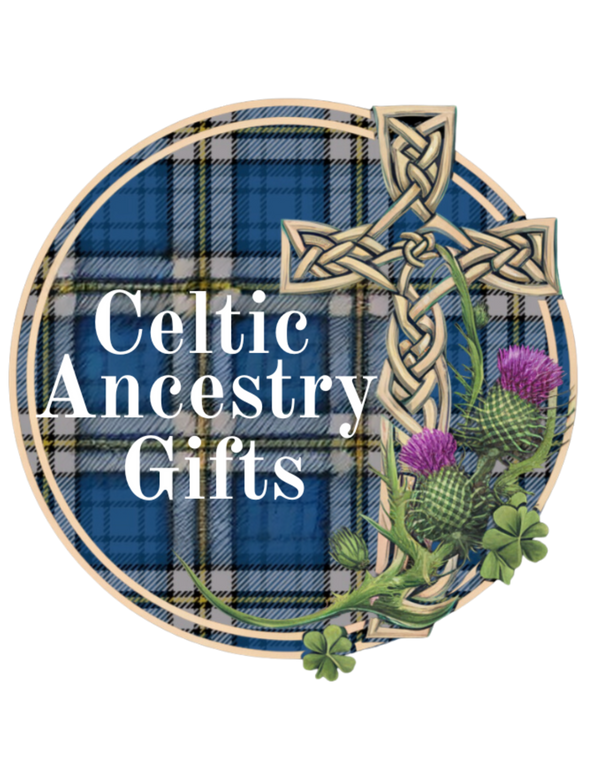The Enduring Legacy of the Balfour Surname: A Journey Through History and Its Irish Connections
The Balfour surname, a name often evoking images of Scottish castles and ancient lineages, possesses a fascinating and often overlooked history that is deeply intertwined with the island of Ireland. While its primary genealogical homeland lies across the North Channel in Scotland, the presence and impact of the Balfour name in Ireland are significant, reflecting centuries of migration, settlement, and cultural exchange. Understanding the history of the Irish surname Balfour is to explore a vital chapter in the broader narrative of Irish settlement patterns, particularly those influenced by Scottish movements.
Unearthing the Scottish Roots: From Fife to Prominence
The Balfour surname is unequivocally of Scottish origin. Its etymology is locational, derived from the lands of Balfour in the ancient county of Fife, a region on Scotland's east coast renowned for its historical significance and noble families. The earliest recorded ancestor, Uchtredus de Balfour, is believed to have lived in the early 11th century, a period when surnames were beginning to formalize. This early connection to a specific territory suggests a lineage that was deeply rooted in the feudal system of Scotland. Over the ensuing centuries, the Balfour family solidified its position, accumulating lands, titles, and influence, becoming a notable presence in Scottish society. The name spread through various branches of the family, becoming a mark of distinction and heritage across different regions of Scotland.
The Currents of Migration: How Balfours Came to Ireland
The journey of the Balfour surname to Ireland is primarily attributed to the major waves of Scottish migration that occurred from the late medieval period onwards, culminating significantly in the 17th century. The most impactful of these migrations was undoubtedly the Plantation of Ulster. Following a series of rebellions and the subsequent confiscation of lands from native Irish lords by the English Crown, a deliberate policy was enacted to re-settle Ulster with Protestant settlers loyal to the English monarchy. This policy, aimed at pacifying and anglicizing the province, saw thousands of families transplant themselves from Scotland to Ireland.
Scottish families, attracted by the prospect of owning land, economic opportunities, and religious kinship with the prevailing Protestant ideology, established numerous settlements in Ulster. The Balfour name was among those that made this transatlantic journey. These settlers often brought with them their farming practices, social structures, and cultural traditions, significantly altering the demographic and cultural landscape of Ulster.
Beyond the Plantation, other factors contributed to the Balfour presence in Ireland:
-
Earlier Medieval Movements: Even before the formal Plantation, there were ongoing, albeit smaller-scale, movements of people between Scotland and Ireland. This included merchants, soldiers of fortune (known as 'Scots-Irish' or gallowglasses), and individuals seeking new opportunities or fleeing conflict.
-
Kinship and Intermarriage: Close geographical proximity and shared cultural ties meant that intermarriage between Scottish and Irish families was common, leading to the natural spread and adoption of surnames.
-
Later Economic and Social Factors: Periods of economic hardship or social unrest in Scotland could also have prompted further emigration to Ireland, where conditions might have appeared more favorable.
These varied migratory streams ensured that the Balfour surname became an established part of the Irish population, particularly concentrated in the northern counties, though its reach extended to other parts of the island as well.
The Balfour Imprint on Irish Society and Beyond
Upon settling in Ireland, families bearing the Balfour name, like many of the other settler communities, became integrated into the evolving social and economic structures of the country. They contributed to the agricultural development, participated in local governance, and often served in the military. The success and influence of these families varied, with some establishing themselves as landed gentry, while others formed the backbone of the merchant and artisan classes.
It is illuminating to consider the
history of Irish surname Bagwell in parallel to that of Balfour. The Bagwell surname, with its likely Norman or English origins, also arrived in Ireland through periods of conquest and settlement, often acquiring lands and establishing a presence in a similar manner to many Scottish settlers. While Bagwell's lineage traces back to England, the process of its establishment in Ireland – through land acquisition, service to the Crown, and integration into the Anglo-Irish establishment – shares commonalities with the Balfour experience. Such comparisons highlight the shared historical forces that shaped the diverse surnames found across Ireland today, underscoring the complex tapestry of migration and assimilation.
The Balfour name, therefore, is not merely a Scottish import but has become a part of Ireland's unique heritage. Its bearers have, over generations, contributed to the nation's history, culture, and development.
The Balfour Name in Contemporary Ireland (2025)
As of 2025, the Balfour surname continues to be a recognizable element within the Irish populace. Descendants of the original Scottish settlers maintain the name, often cherishing their family history and the journey their ancestors undertook. While the strong concentration in Ulster remains, the name can be found across the island, a testament to the enduring mobility of families over centuries. The Balfour surname today represents a link to this historical migration, a connection to both Scottish origins and the long process of becoming Irish.
In conclusion, the history of the Balfour surname in Ireland is a rich narrative that speaks to the enduring bonds between Scotland and Ireland. It is a story of migration, adaptation, and the establishment of a family name that, while Scottish in origin, has firmly embedded itself within the historical and contemporary landscape of Ireland. The Balfour legacy is one of resilience, contribution, and a testament to the dynamic, ever-evolving story of the Irish people.

